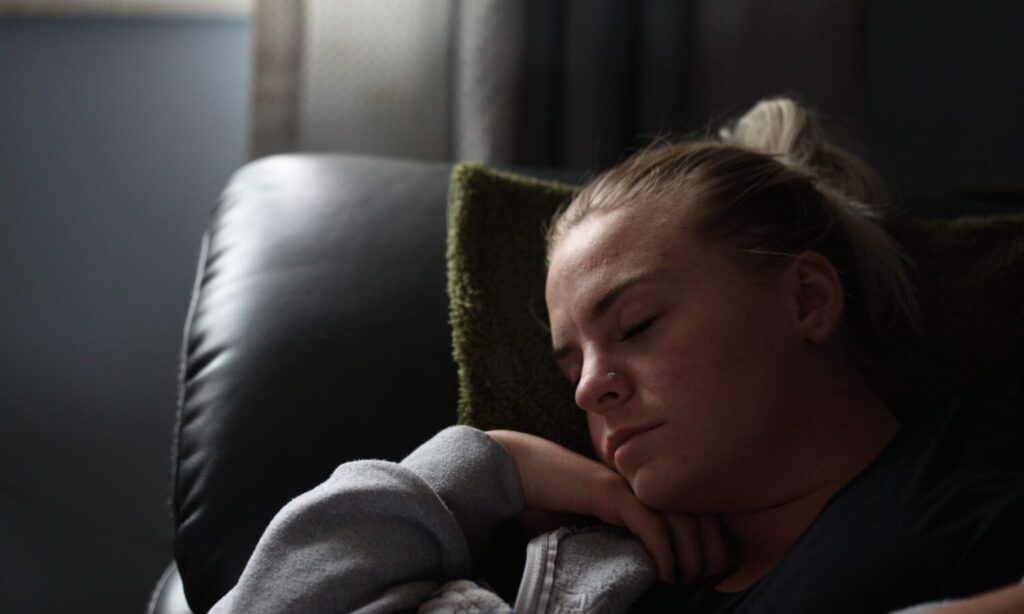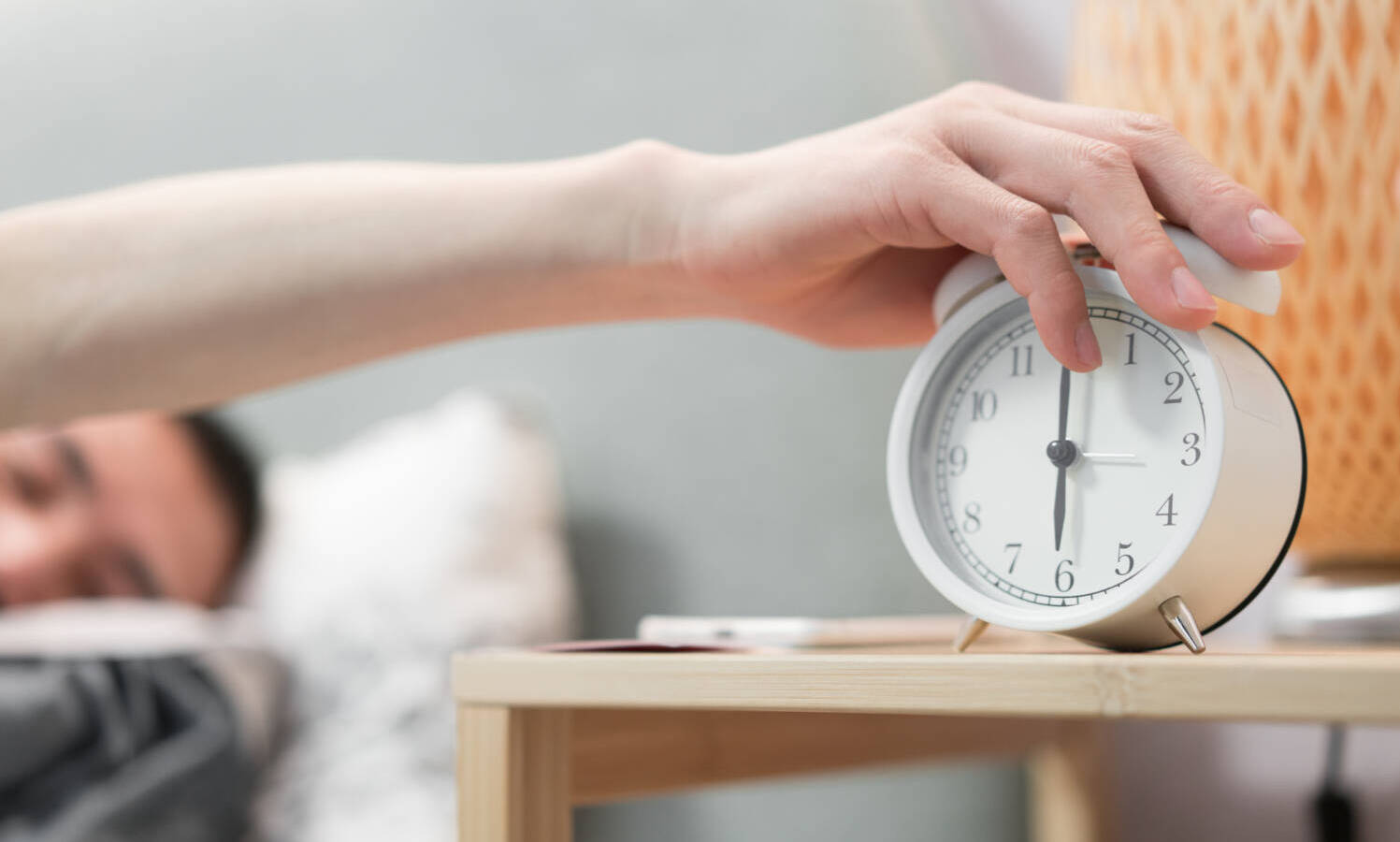From a sample representing approximately 146 million adults in the U.S., 14.5% reported recent cannabis use — which was not associated with frequent daytime sleepiness.
Recent cannabis use is linked to extremes of nightly sleep duration—less than 6 hours or more than 9 hours—reveals a study of a large representative sample of US adults, published online in the journal Regional Anesthesia & Pain Medicine. This pattern was even more pronounced among heavy users, reported neurosciencenews.com
While popularly consumed for its perceived benefits as a sleeping aid, the impact of cannabis on sleep-wake regulation in clinical studies is inconclusive. The purpose of this study was to determine the relationship between cannabis use and nightly sleep duration in a nationally representative dataset.

The cross-sectional analysis of adults was undertaken using the National Health and Nutrition Examination Survey data from 2005 to 2018.
Respondents were classified as recent users or non-users if they had used or not used cannabis in the past 30 days, respectively. Sleep duration was defined as short (less than 6 hours), optimal (6–9 hours), and long (more than 9 hours).
RELATED: Sleeping Less Than 5 Hours A Night May Increase Your Risk Of This
From a sample representing approximately 146 million adults in the U.S., 14.5% reported recent cannabis use. And recent cannabis use was not associated with frequent daytime sleepiness.
According to the study, recent users were more likely than non-users to report both short sleep and long sleep. Defined as consuming cannabis on 20 or more out of the preceding 30 days, heavy users were 64% more prone to experience short sleep and 76% more likely to experience long sleep compared with non-users.
RELATED: What To Know About Using Cannabis For Sleep During These Sleepless Times
Heavy users, thought to be at the extremes of nightly sleep duration, were 34% reported short sleep and 56% were more likely to report long sleep than those who hadn’t used cannabis in the preceding 30 days. Furthermore, they were 31% more inclined to report difficulty falling asleep, staying asleep, or sleeping too much in the preceding 2 weeks.
Moderate users, defined as using marijuana fewer than 20 of the past 30 days, were 47% more likely to sleep 9 or more hours a night compared with non-users.
This article originally appeared on Benzinga and has been reposted with permission.


